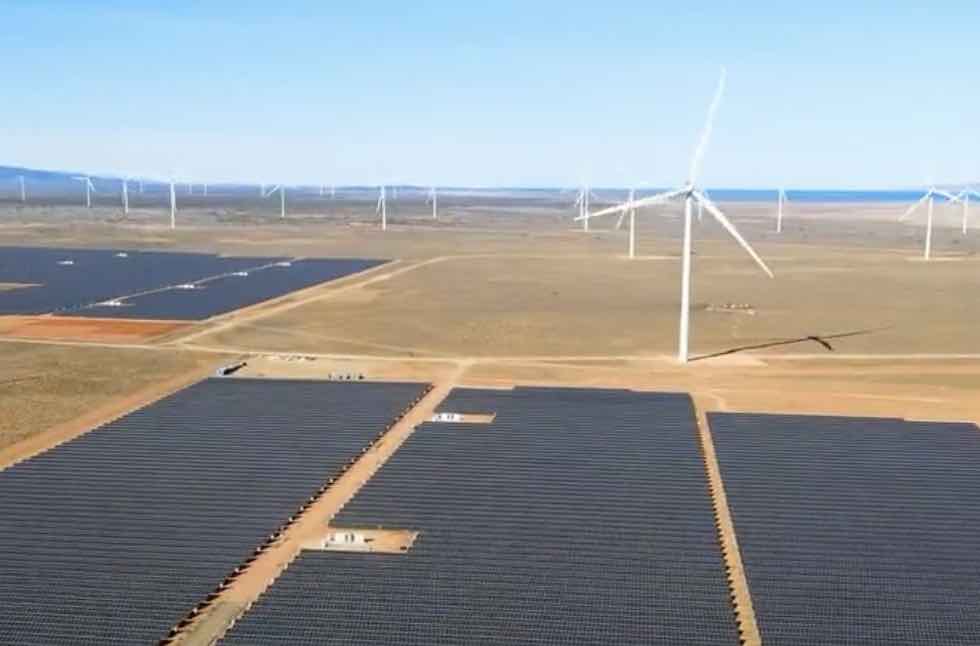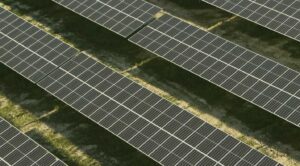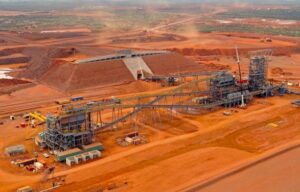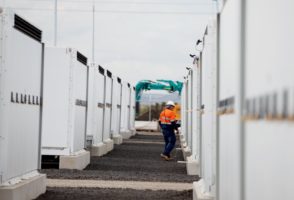Australians have forgotten why their power bills are going up, with more than a third now blaming renewables, and not rising fossil fuel prices for their monthly or quarterly pain, according to an Ipsos survey released on Monday.
Everyday Australians are also struggling to understand the transition at all as misleading statements, such as the National Party favourite that offshore wind turbines kill whales, make it harder to sort fact from fiction.
Based on misinformation shared on social media, by word-of-mouth, and in mainstream media, 68 per cent of Australians believe transitioning to renewable energy generally will result in higher power prices.
Some 37 per cent of Australians think that closing coal power stations, specifically, and replacing them with wind and solar farms, are already lifting power prices.
That figure is 10 per cent higher than it was in 2022, when the start of the Russian war in Ukraine sent coal prices sky-high and consumer power bills rocketing.
The Ipsos survey showed increases in negative perceptions around closing coal power stations and replacing them with wind and solar farms across seven different metrics.
These covered fewer people believing that renewables will help air quality, to more people believing the shift will damage job prospects, economic growth, energy reliability, and cost of living generally.
It recorded a sharp hike of 13 per cent in the number of people who want the government to make energy bills a policy priority, and sharp decrease in those wanting Australia to be a climate leader.
Two plus two still equals four
But it’s not difficult to see why more Australians are now associating wind and solar farms with higher power bills and cost of living more generally, says the Grattan Institute’s Allison Reeve.
“It’s only very recently that we’ve come to this point where renewables have become the cheapest form of energy, so people who don’t think about energy all the time for a living will have a shortcut in their brain and say ‘oh renewables are more expensive’,” she says.
“Rewiring that shortcut will take that time.”
The news cycle is full of articles about renewables, or Liberal and National MPs’ nuclear red herrings, whereas two years ago political leaders were reminding consumers that coal prices were the cause of rocketing wholesale energy prices.
Furthermore, Reeve says Australians may still be paying for those high 2022 wholesale power prices in their Default Market Offers, because retailers contract for energy years in advance.
Re-Alliance national director Andrew Bray says delays in delays in upgrades to transmission infrastructure and requirements to burn gas are also driving prices up.
Today, what energy consumers are being told is that renewables are delivering massive wholesale price drops while at the same time being gifted marginal discounts to their bills.
Add in the fact that electricity retailers are surprising consumers across the country – and not just in New South Wales (NSW) as happened to Renew Economy editor Giles Parkinson – with radically higher time-of-use tariffs when electricity meter settings are changed, and consumers have a reason to associate high power bills with the energy transition.
Misinformation fueling bizarre beliefs
Putting out conflicting information about the energy transition suits anti-renewables groups for that myth to persist as it supports the status quo, Reeve says.
Despite a third of Ipsos’ respondents saying they want to know more about what Australia is doing to meet its climate goals, misinformation is getting in the way.
Nearly two-thirds of the respondents believed statements such as that electric vehicles are as bad for the planet as petrol cars, based on word-of-mouth rumour, social media, and articles in mainstream media.
Other “somewhat and very believable” statements believed by 50 per cent of the Ipsos survey respondents include that offshore wind farms will hurt whales, building more renewable energy generation will lead to more blackouts and brownouts, and that wind farms take more energy to build than they provide to the grid over their lifetime.
No one knows what is really happening
Australians still love the idea of living in a clean, green land, but a lack of awareness about how close the country is is causing widespread pessimism.
There is still strong support for the energy transition generally, with nearly two thirds of Australians still wanting the country to move away from fossil fuels and towards renewable energy.
But few people know what is actually happening.
Half think the transition won’t happen at all or that Australia has no plans to make it happen, 45 per cent believe the country will miss its emissions target in 2030.
And more than half don’t understand the actions Australia is taking to meet its net zero commitments.








